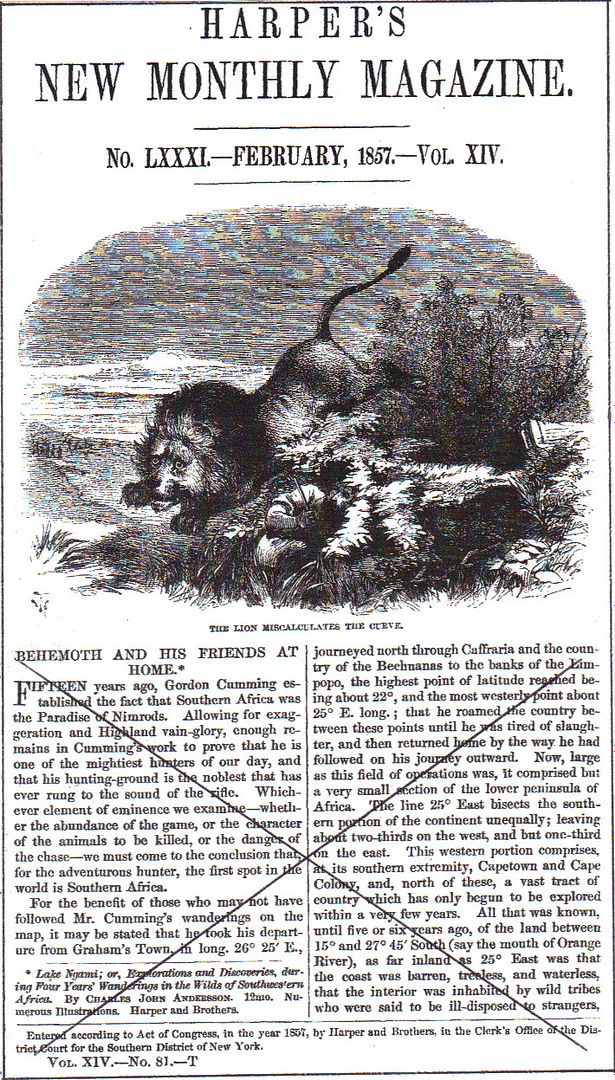
Posted on 02/01/2017 4:52:50 AM PST by Homer_J_Simpson

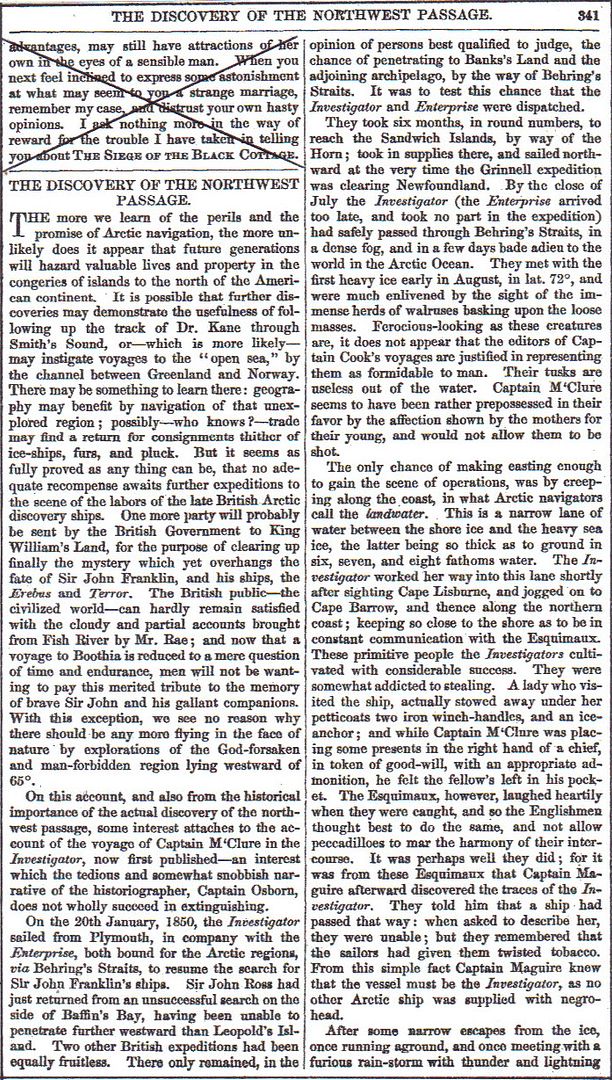
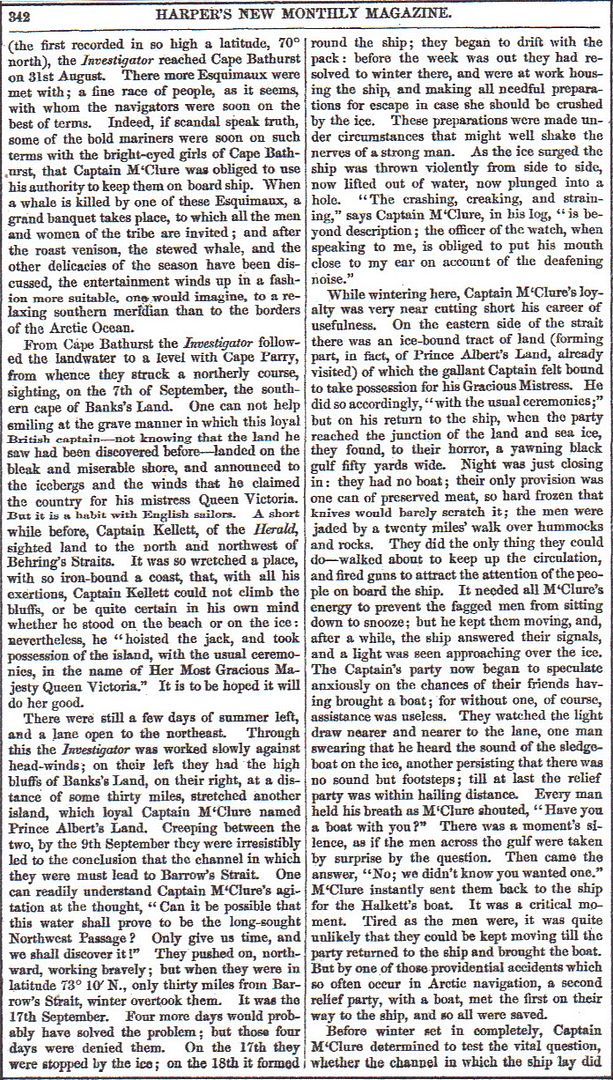
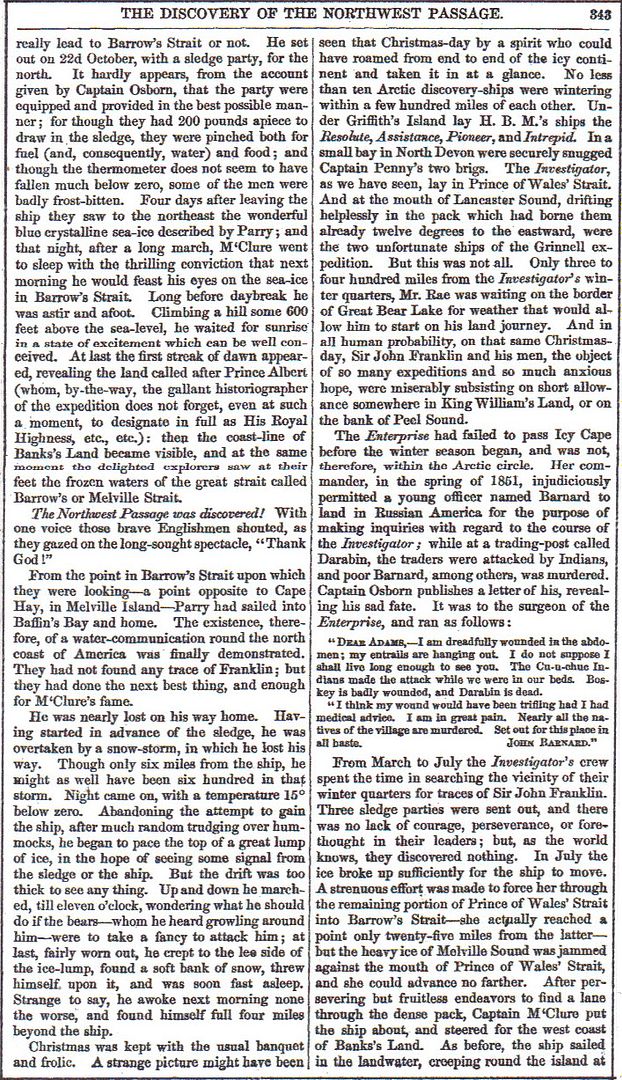
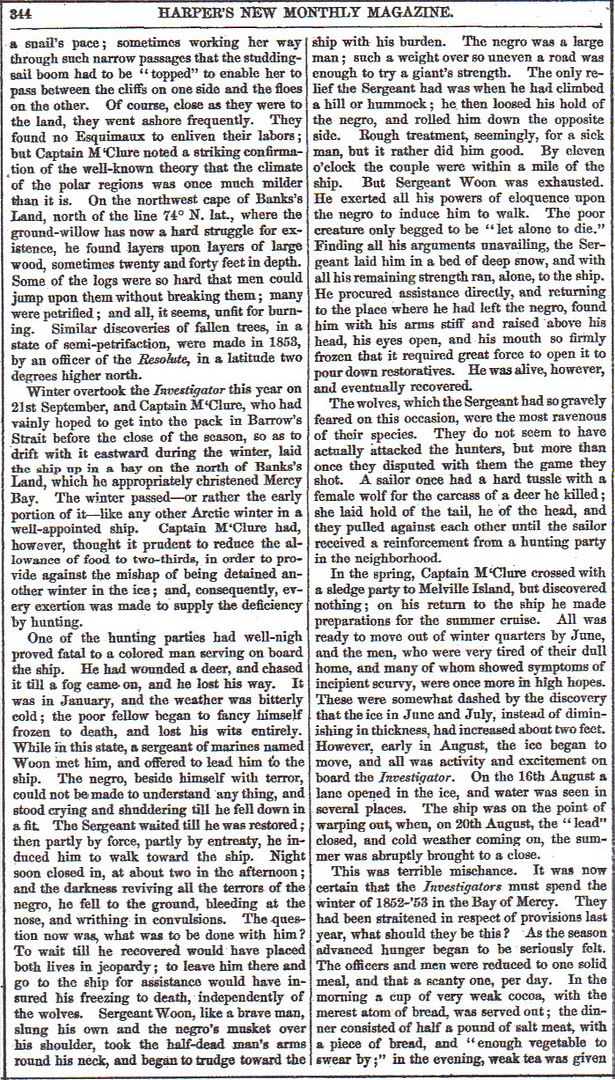
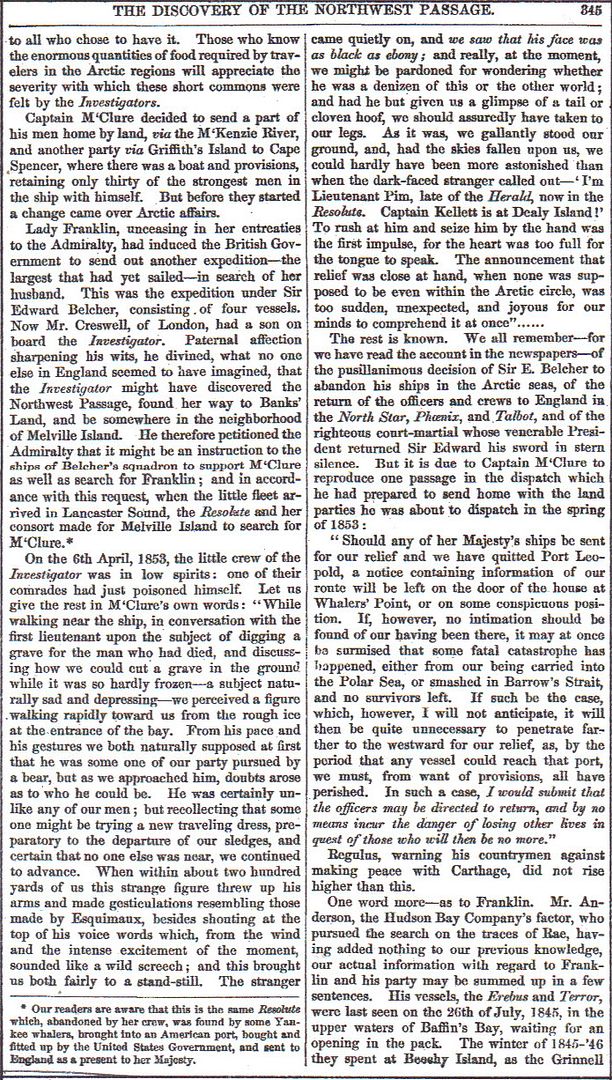
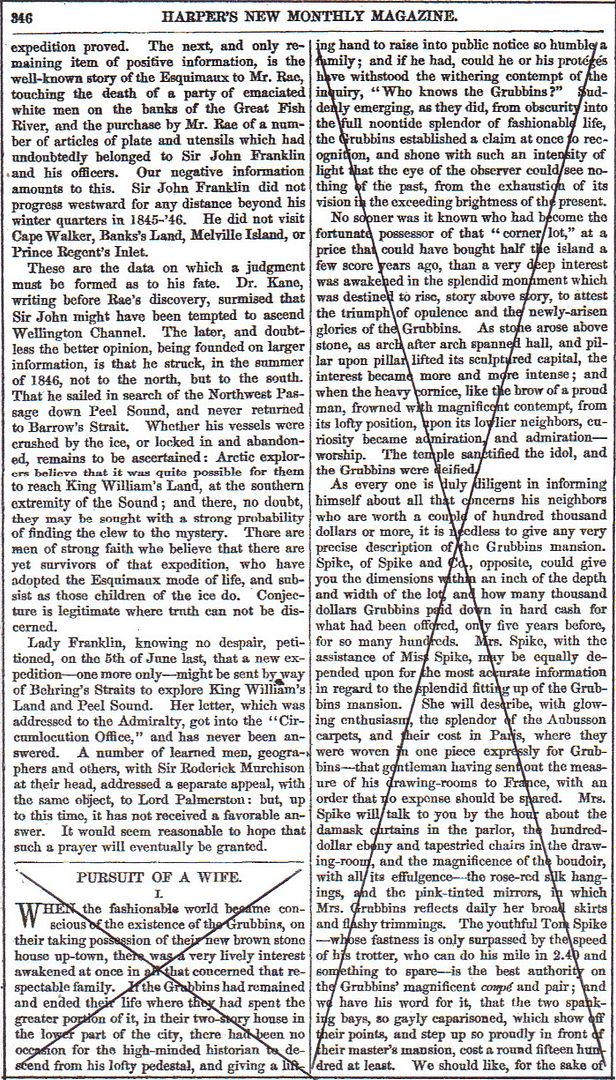
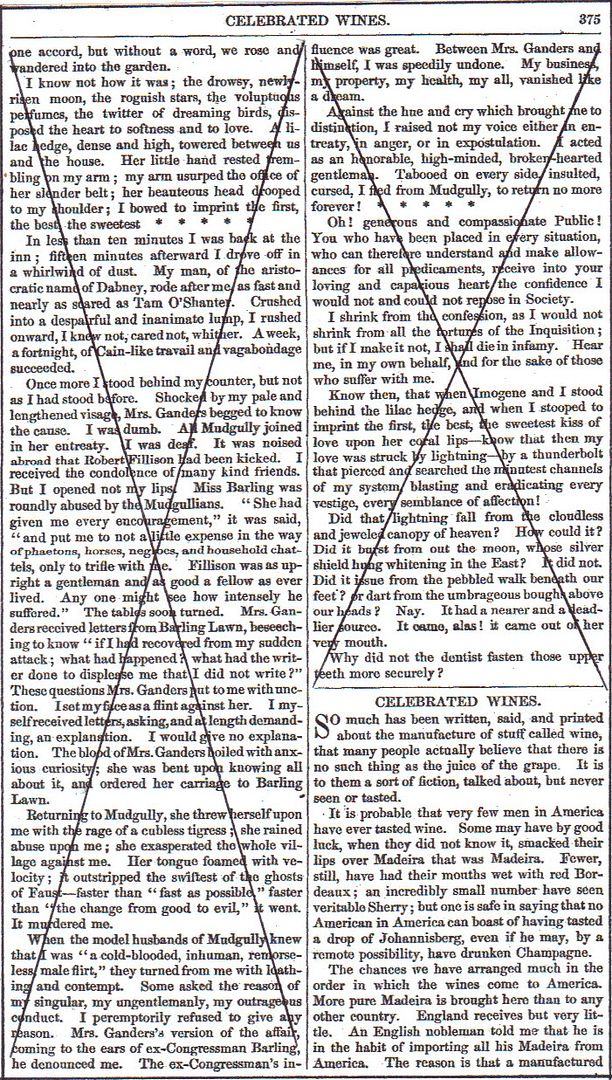
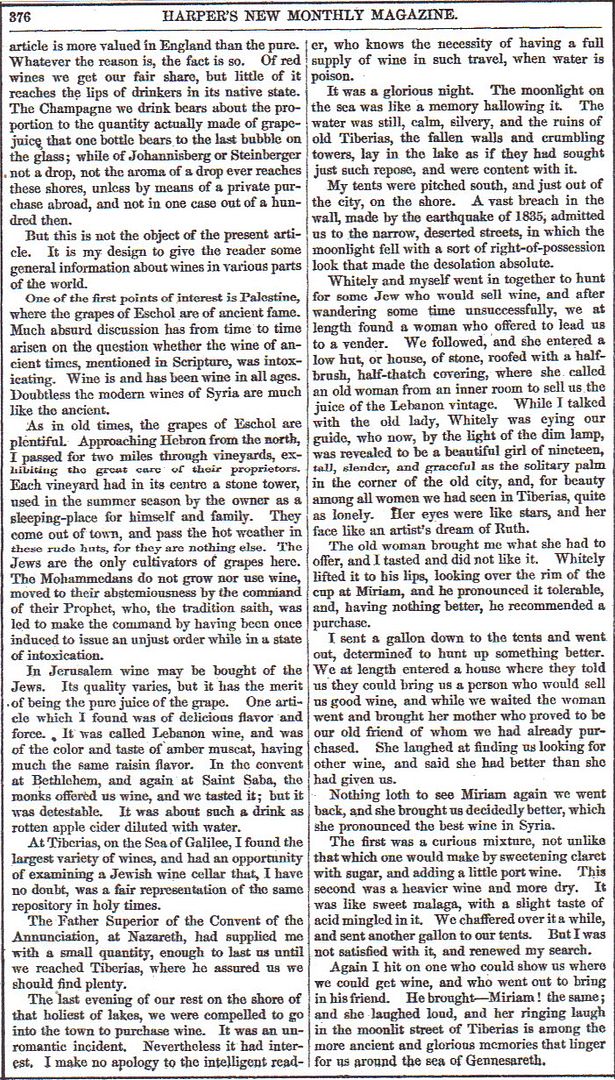
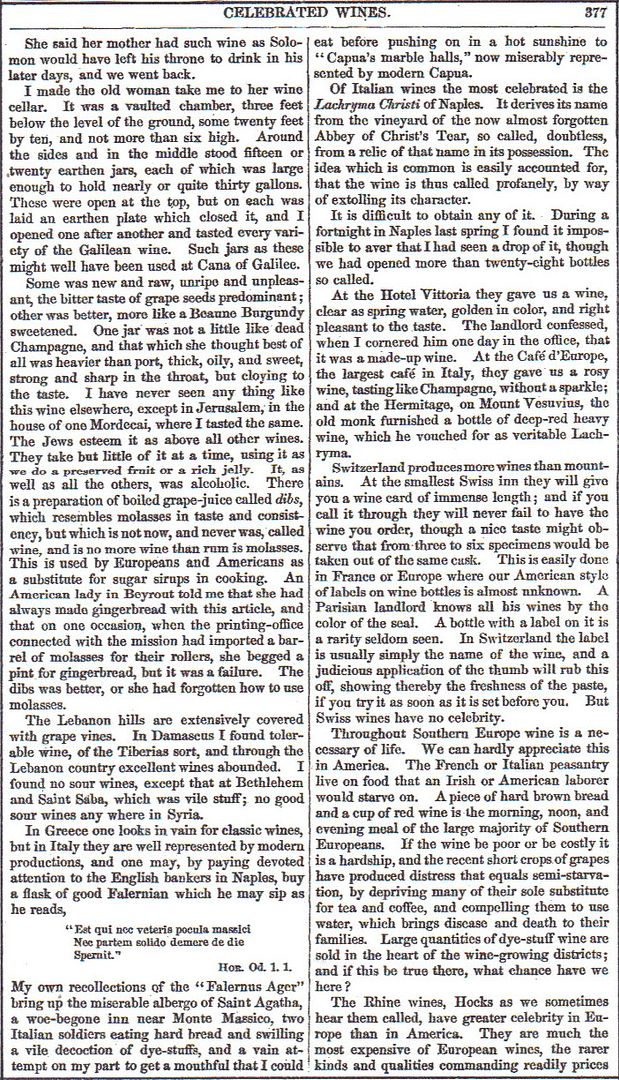
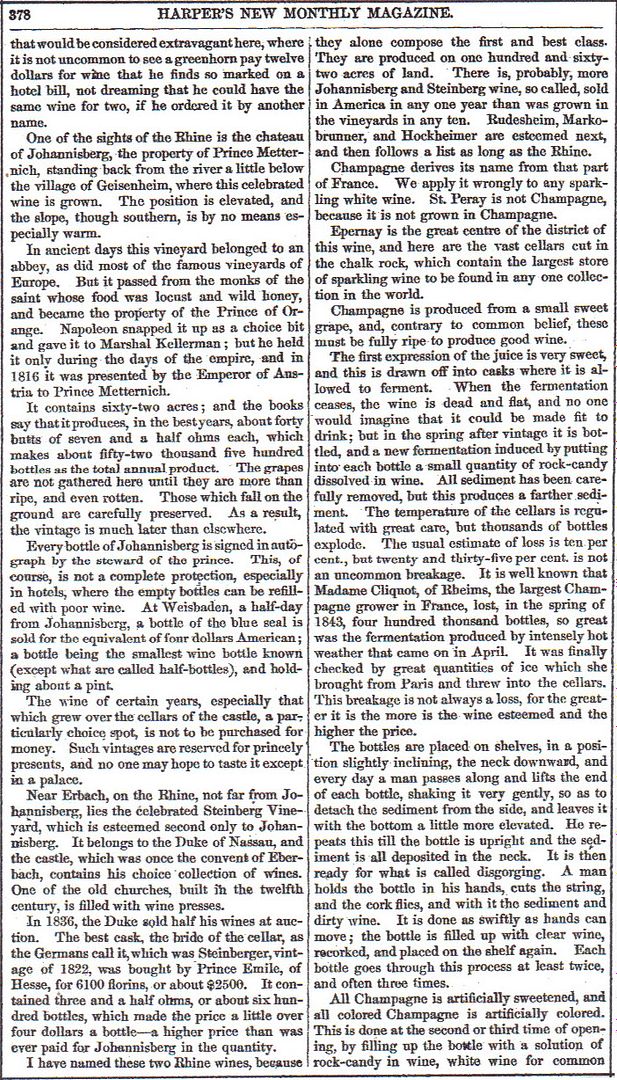
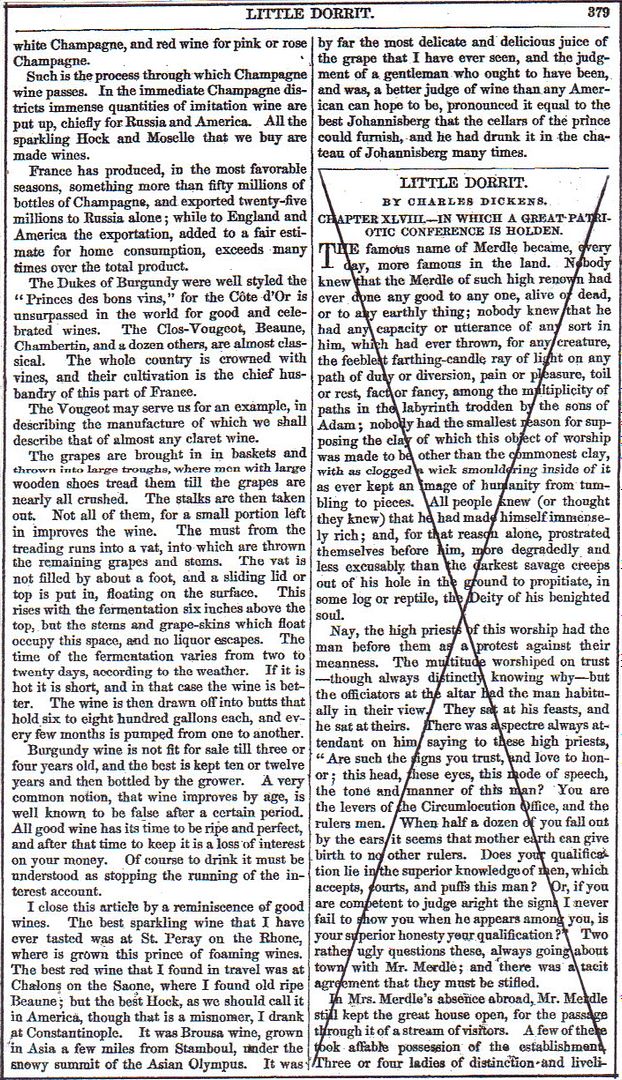
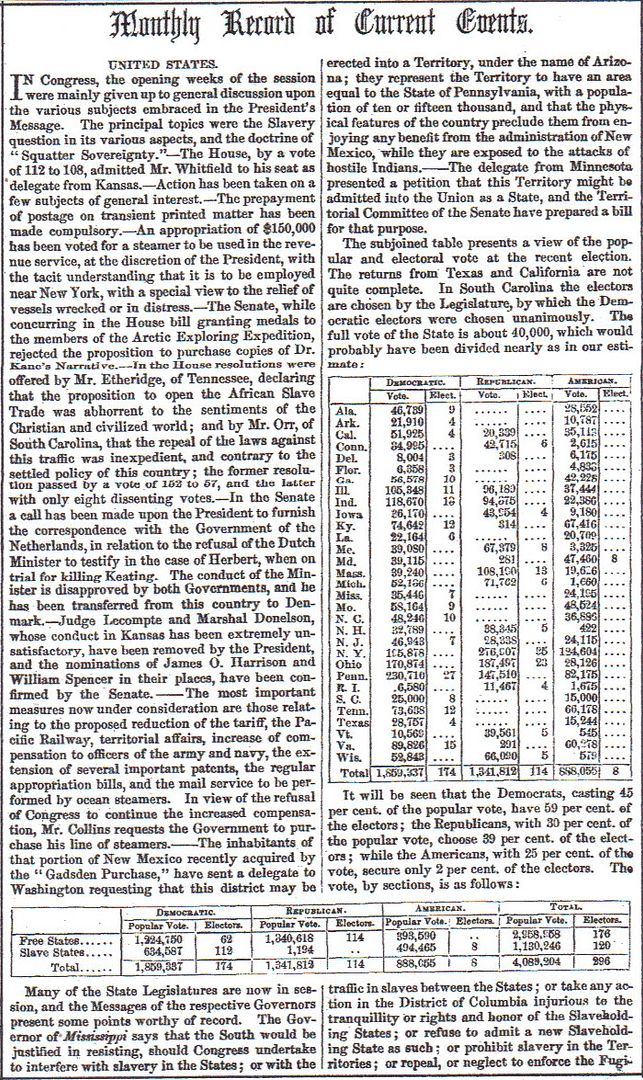
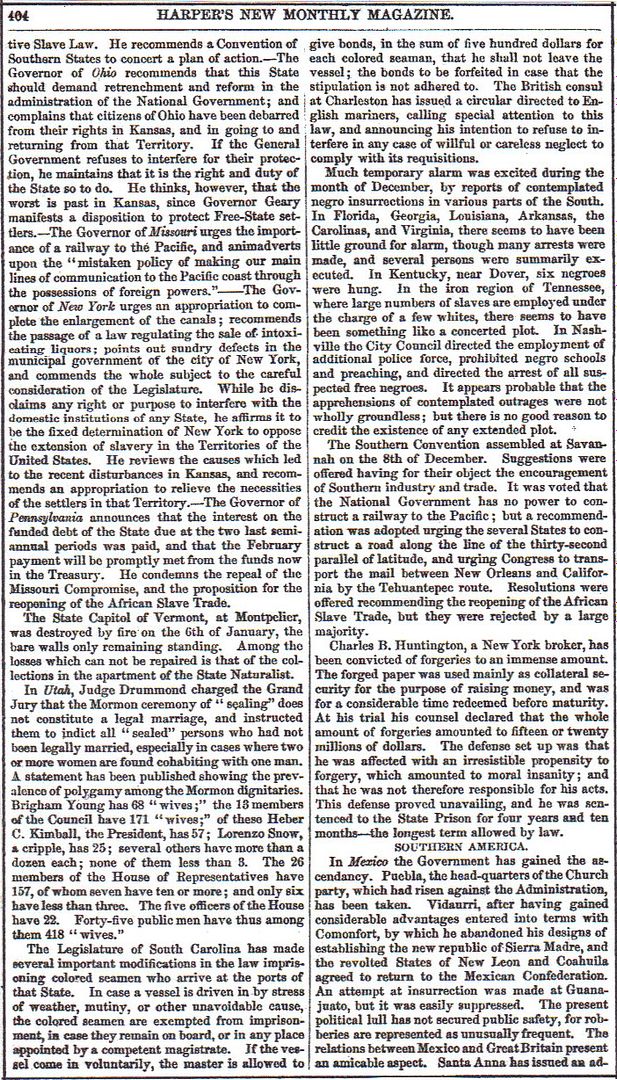
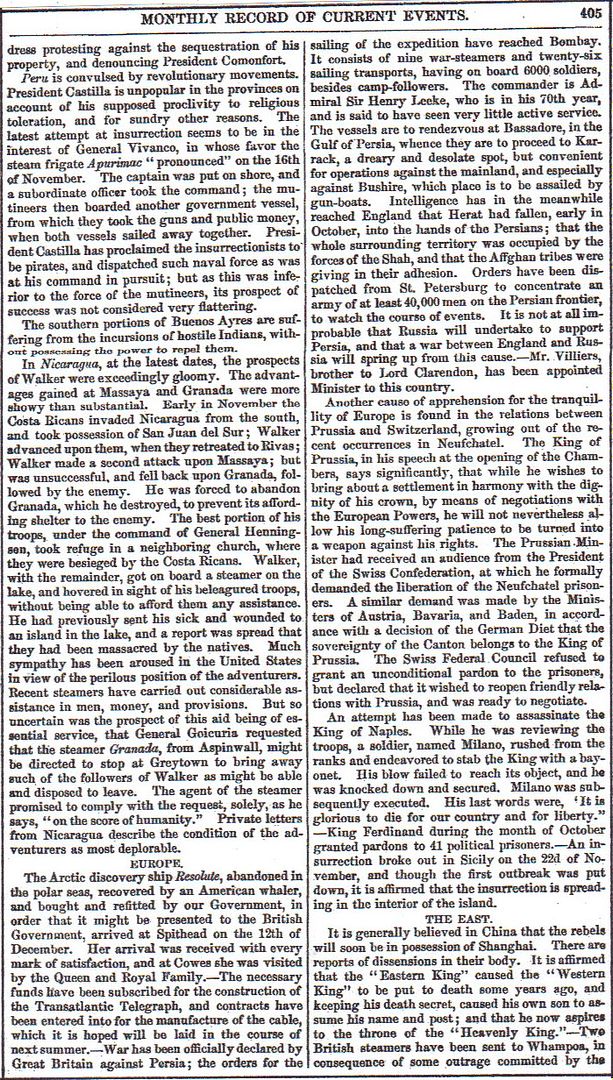
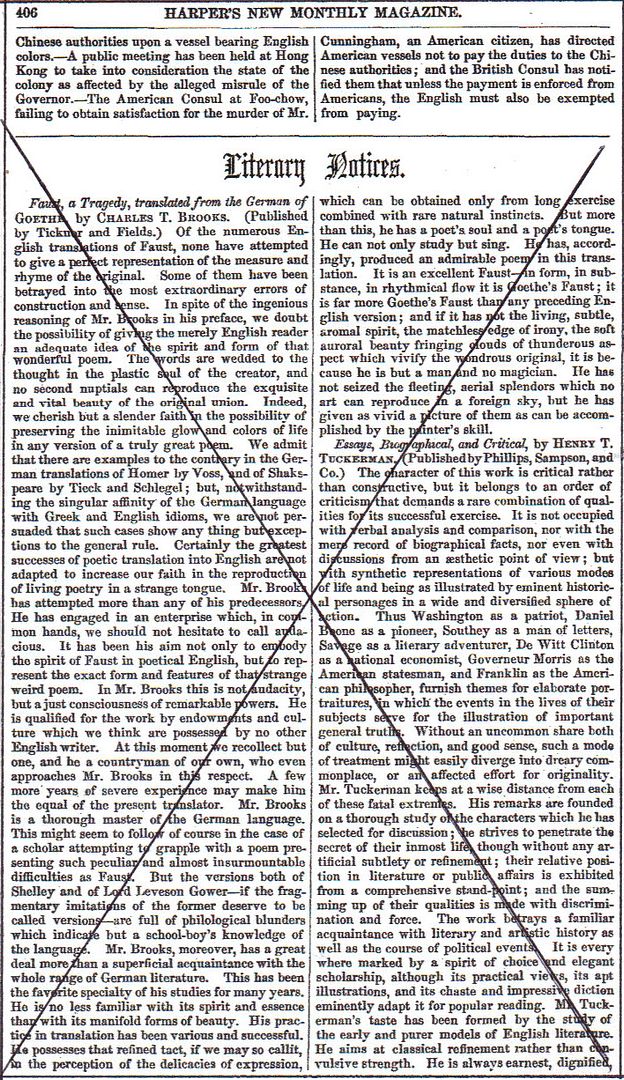
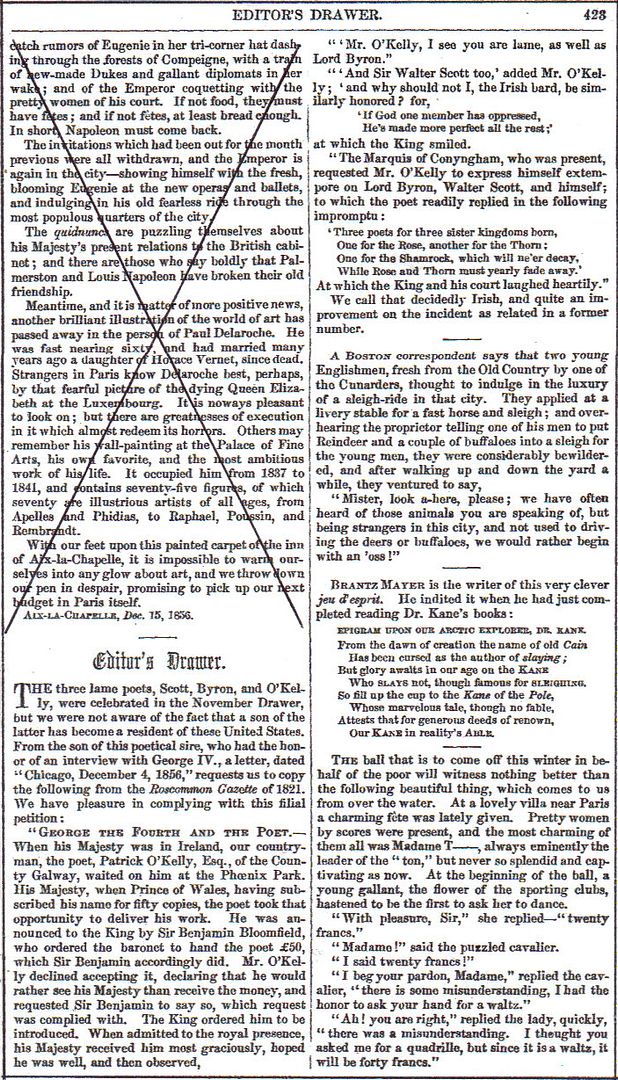
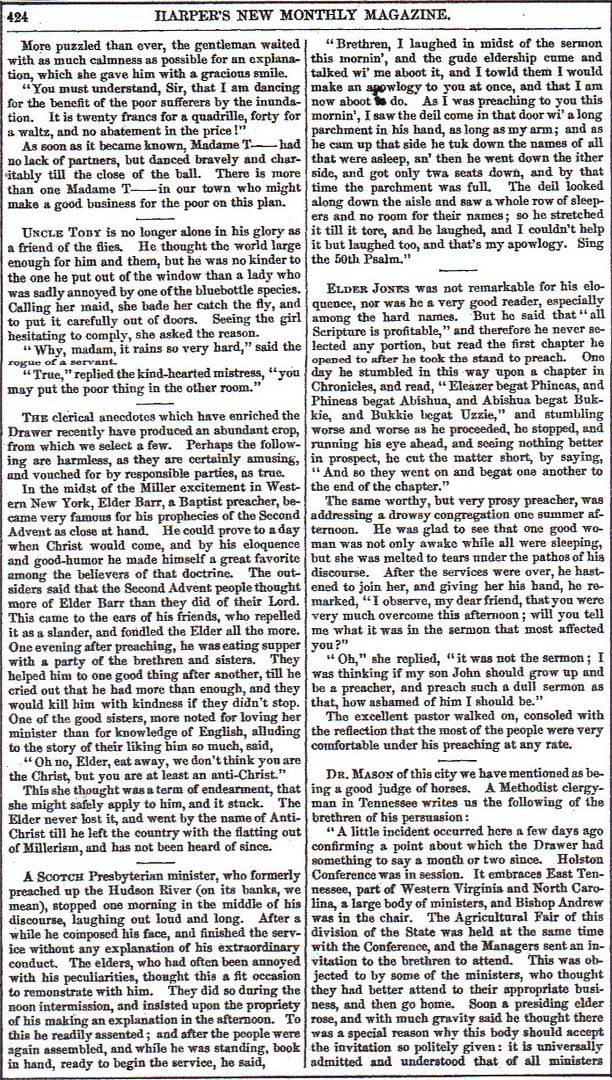
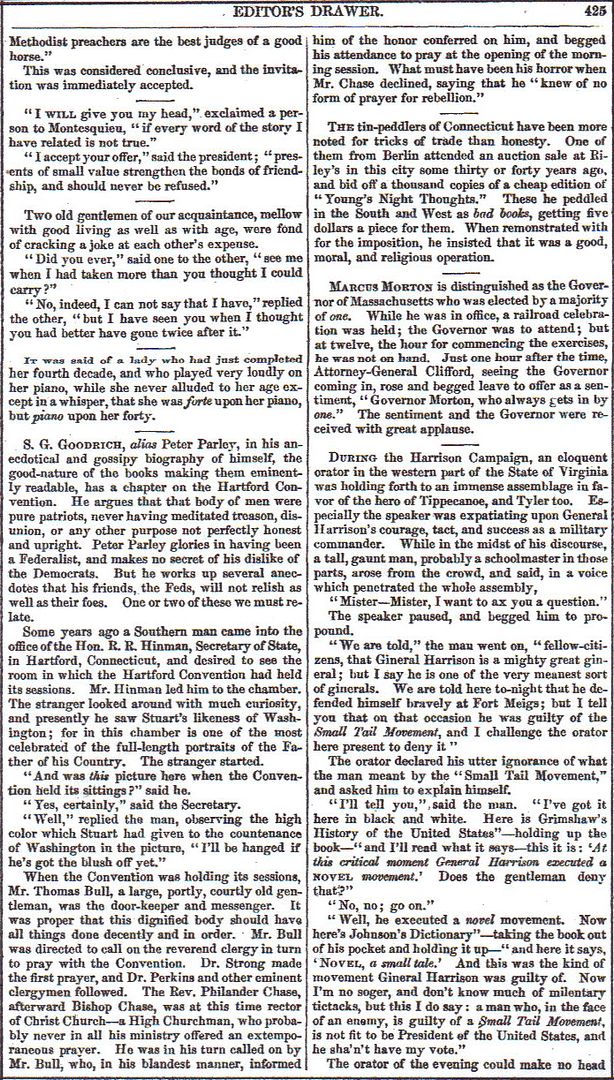
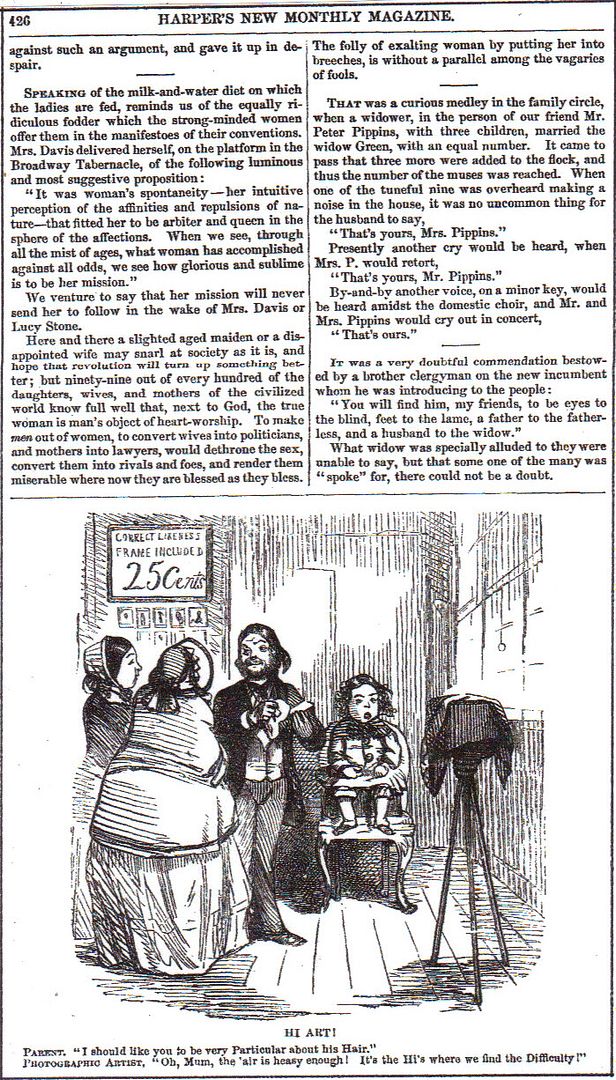
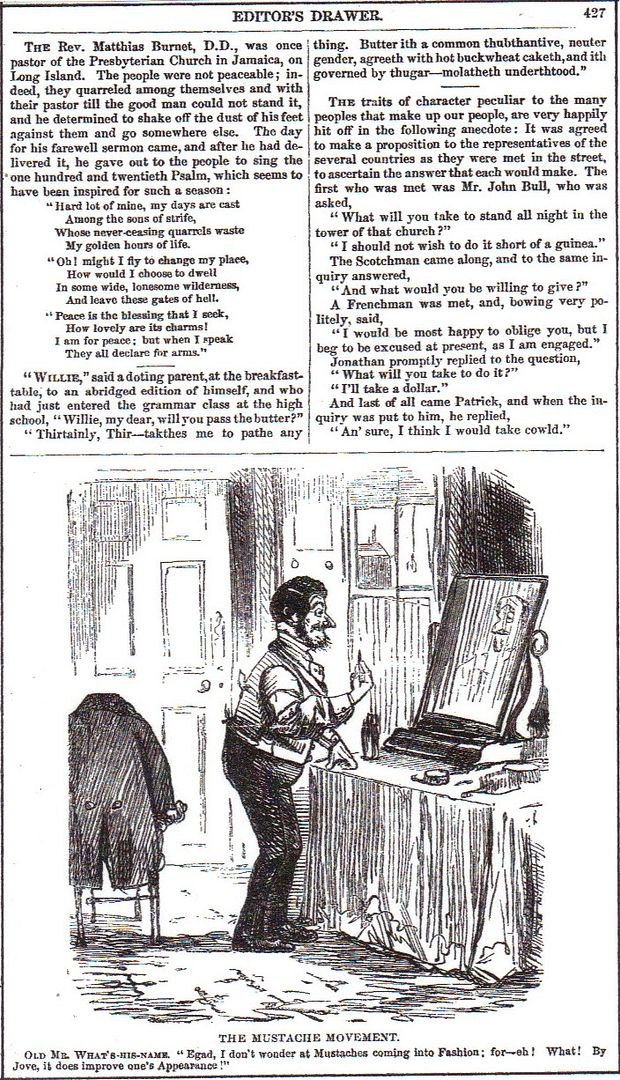
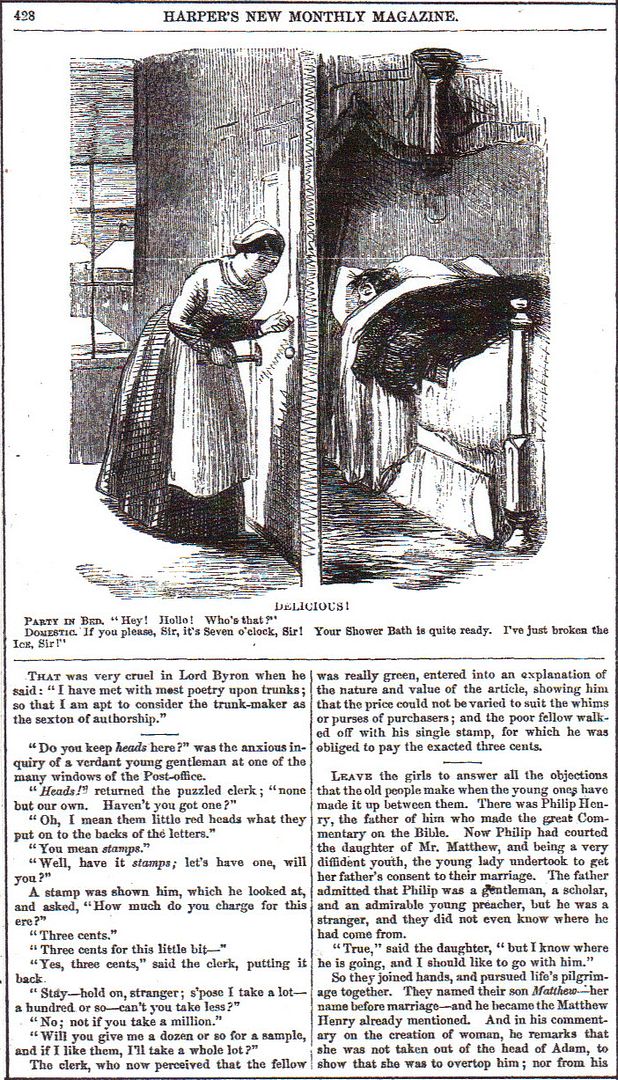
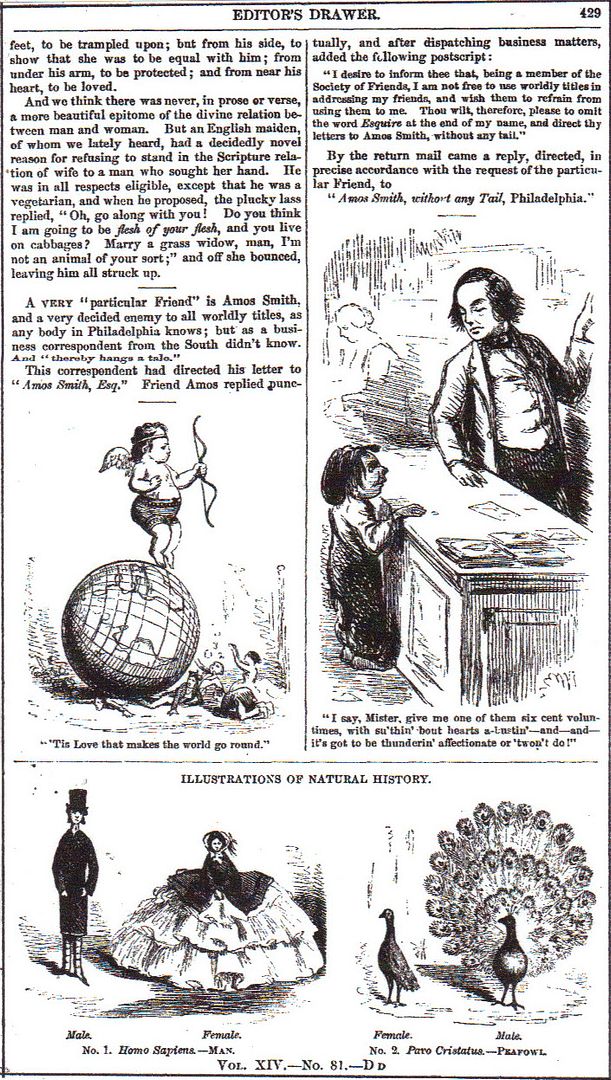
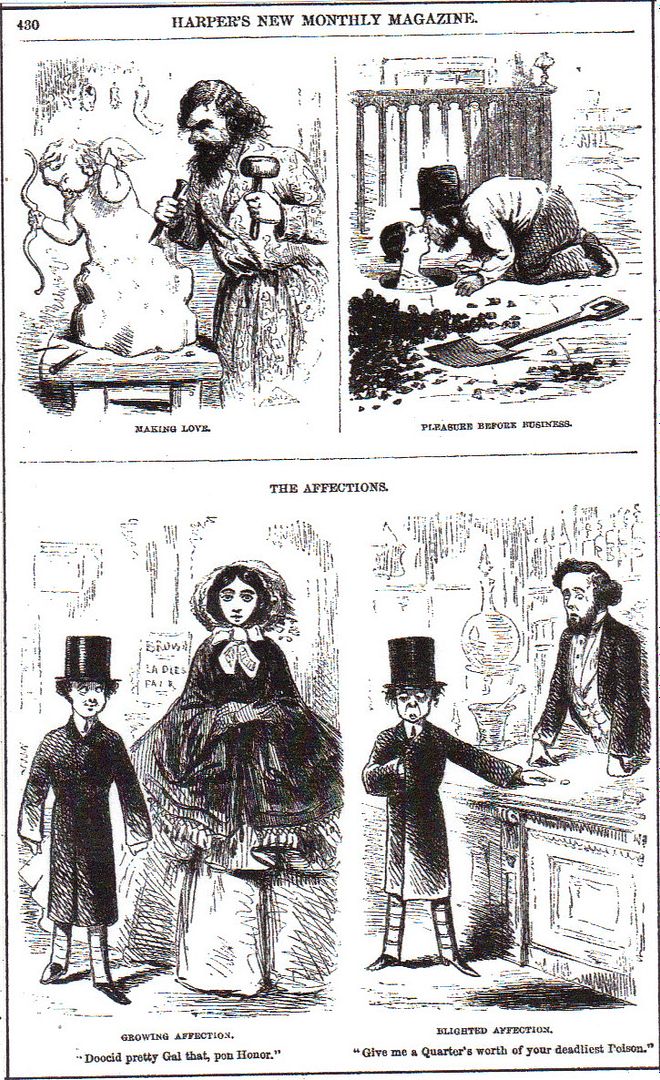
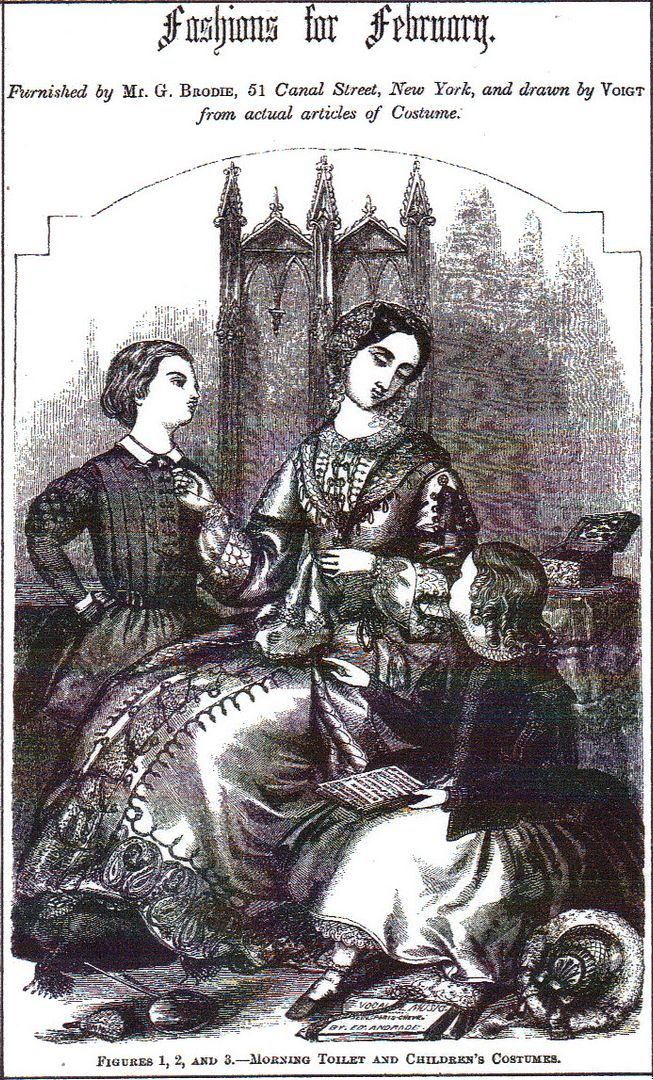
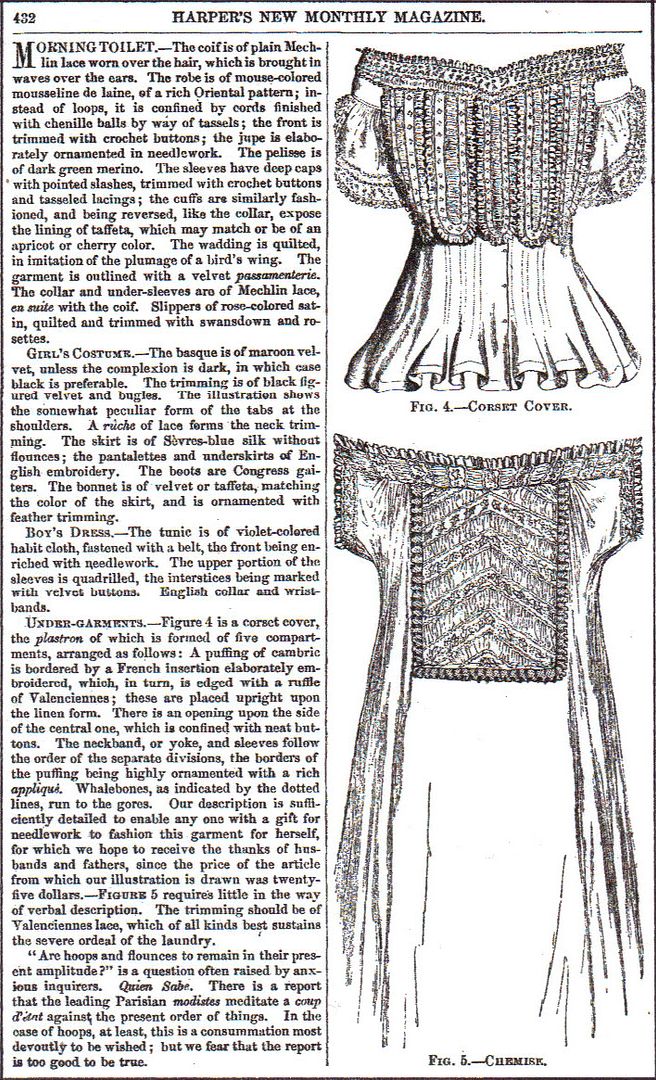
In today's American language the word "conservative" means a supporter of Constitution Founders' Original Intent, in the mold of, say, Justice Antonin Scalia.
"Founders Intent" is not what Chief Justice Taney argued in 1857, since clearly Founders intended and acted differently.
Instead, Taney argued in effect that, because Founders said "X", it must logically have meant "Y" and therefore the original Constitution itself is turned on its head, by SCOTUS decree.
Such is the logic from which today's penumbras and emanations proceed to underpin the Liberal Big Government state.
In fact, by the time of the Constitutional Convention (1787) the US Congress had already outlawed slavery in the Northwest Territories, and no Founders' debates challenged that authority or law.
Nor were later laws by Congress outlawing slavery in territories, or outlawing importing slaves from abroad, challenged by Founders on Constitutional grounds.
Further, Founders like George Washington explicitly recognized the authority of states like Pennsylvania to outlaw permanent transport of slaves into their free states.
Washington in Philadelphia cycled his slaves in & out of Pennsylvania to keep within the limits of state abolition laws.
So Taney in 1857 was doing not what Constitutionalists do, but rather what Democrats congenitally and compulsively do: conjuring new constitutional "penumbras" and "emanations" out of pure ether.
Finally, we should note that here Jim 0216 makes the same argument DiogenesLamp makes in many previous threads, and I'd like to say they should not be granted exalted recognition as the "troglodyte wing of the conservative movement."
They are, in fact, making the Democrats argument, and so should be considered by us as Democrats, pure, simple and wrong.
The US Constitution refutes your point. You may now spew forth your denials.
This is exactly correct.
There is a reason why the first thing Lincoln did was to throw up a commercial blockade. It had everything to do with money, and nothing to do with military advantage.
No, you've refuted nothing I argued.
Dred-Scott had nothing to do with Fugitive Slave Laws, but rather with a slave-holder who transported his slaves to a non-slave state.
By the laws of free-states like Pennsylvania in 1787 and others in the 1800s, if slave-holders brought their slaves into free-states for extended time periods, those slaves were freed, and that's just what happened to Dred Scott.
In 1830 Scott was taken to Illinois, then Wisconsin Territory where he remained until 1838.
By laws of both Illinois and Wisconsin Scott was a freed man.
And such laws were recognized in Louisiana, where Scott could have sued in 1839.
In 1846 in St. Louis, Scott tried to purchase his freedom from his previous owner's widow, who refused and so the court case began.
So the issue in 1857 had nothing to do with the Constitution's Fugitive Slave clause, and everything to do with the rights of states, recognized in 1787, to declared their lawful slaves freed after extended stays.
That's why President George Washington cycled his slaves in and out of Philadelphia when he lived there.
It says nothing about time periods or cycling people in and out of jurisdiction. It simply says a laborer (slave) will be returned to the person to whom their labor is due. (Slave holder.)
Till that bit was amended, there was no legal way to ban slavery anywhere.
What happened was that all the states agreed to this, and then a bunch of states decided they didn't want to honor this agreement, and so they just ignored it, or asserted "States Rights", or some other such legalized excuse to break the agreement.
But Lincoln had no "New York Masters" of the type you fantasize.
Lincoln's people in New York were the same kinds of people who today support New Yorker Donald Trump: farmers, small towns, small business, skilled workers, freedom & independence minded individuals, suburban, professionals, etc.
Then as now, "New York Masters" (=big city rich people) were all Democrats, allies of the Southern Slave-Power, who supported Southern demands and even secession.
Those Democrats only turned against their erstwhile political Southern friends when secessionists renounced their debts and obligations.
Even then, none called for war and only temporarily supported Republican goals.
Once war ended they quickly re-allied with their previous Southern friends and began electing Democrat majorities and presidents, from Grover Cleveland in 1885 through Franklin Roosevelt and even John Kennedy in 1960.
"There is a reason why the first thing Lincoln did was to throw up a commercial blockade.
It had everything to do with money, and nothing to do with military advantage."
Nonsense.
The first thing Lincoln did was attempt to resupply Union troops in Union Fort Sumter, which Davis saw as "assailing" Confederate "integrity" and so started Civil War there.
Note: as late as 1960, without the Democrat secessionist Deep South, John Kennedy would have lost the election by 62 electoral votes:
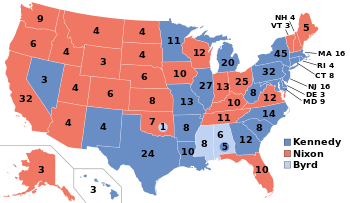
Total nonsense, the original Constitution did nothing of the sort.
It merely recognized that Fugitive Slaves must be returned to their "masters".
It said nothing to oppose abolition in Free States.
So all such interpretations as yours are pure Democrat judicial activism.
DiogenesLamp: "It simply says a laborer (slave) will be returned to the person to whom their labor is due. (Slave holder.)"
Read it again!
The reference is strictly and exclusively to "escaping" slaves, Fugitive Slaves, not to slaves transported by their holders into Free States, nor to former slaves lawfully declared "freed".
Neither the Constitution nor any Founder attempted to infringe the rights of states to abolish slavery, in whole or in part, immediately or gradually, with whatever restrictions they might wish on the transport of slaves through their territories.
But that's just what Democrat Roger Taney overturned with typical Democrat judicial activism, and which overturn you modern-day pro-Democrats are now hoping to sell to conservatives.
Not buying it, not now, not ever, FRiend.
OK. The incorporation of rights in the Bill of Rights against the states isn’t relevant here anyway. It doesn’t arise as an issue until the 14th Amendment upon which the flawed doctrine uses as its basis.
Interesting. Why did Davis decide the Confederacy’s integrity was assailed at Fort Sumter?
Until your personal swipe at the end, I liked your post which may very well be a good argument in favor of Congress having the power to declare territories slave-free. The inherent rights of Life, Liberty, and the Pursuit of happiness mentioned in the Declaration of Independence and presumed in the Constitution can probably be inferred to run afoul of slave ownership. All of that goes on the side of Congress having constitutional power to make territories slave free.
However, I think the Full Faith and Credit Clause was in play between the states since slavery was not as yet unconstitutional.
I’m sorry you, BroJoeK, have decided to pull an ad hominem on me fallaciously deciding that I must be a Democrat if something in my argument appears to you to be the same as some Democrat.
That is uncalled for, a logical fallacy, and rude. You obviously did no research at all on my posts or my website https://sonsofconstitutionalliberty.com/ which I refer to many times. If you had, you wouldn’t have made such ignorant and stupid statements. I’ll try not to include you in further discussions of mine.
Such a view actually violates the whole purpose of the Ninth Amendment.
Our rights are not to be violated, whether those rights are enumerated or not.
And again, the individual rights to life, liberty, and property are enumerated.
No government, at any level, has any legitimacy when it violates those rights. Period.
Sorry, but your arguments supporting Democrat Chief Justice Taney's Dred Scot decision are pure Democrat bovine excrement and deserve no respect -- zero, zip, nada respect -- on a conservative, freedom loving, God fearing, Republican associated web site.
And you won't get it from me, FRiend.
Taney's 1857 decision is universally recognized as total rubbish, extra-constitutional activism and just the kind of things Democrats have always done.
If you wish to debate it at length, in detail, I and others here will be happy to, but since Dred Scot contributed to the deaths of hundreds of thousands of American soldiers, don't expect any respect for Dred Scot defenders from here.
No it can't. That is a deliberately dishonest reading of the intentions of the Signatories to the Declaration of Independence. If it was their intent to include slaves in the declaration, they would have freed their own slaves. As Justice Taney correctly stated, the Declaration was not comprehended as applying to slaves.
You also cannot assert the constitution intended to give freedom to slaves, because it specifically includes protections for slavery in Article IV section 2.
No Person held to Service or Labour in one State, under the Laws thereof, escaping into another, shall, in Consequence of any Law or Regulation therein, be discharged from such Service or Labour, but shall be delivered up on Claim of the Party to whom such Service or Labour may be due.
Interestingly enough, this is in the exact same article of the constitution that requires "full faith and credit" for the acts of other states, meaning other state laws regarding slavery. It's as if the founders were signaling that the "full faith and credit" must apply to slavery, because protecting the labor laws of other states was what was immediately mentioned right after the "full faith and credit" clause.
The Scott Decision did not rest on the Full Faith and Credit Clause. Jurisprudence under the Clause is somewhat complex, but suffice it to say the Clause has never been used to apply one state’s statutory law in another state. More importantly, the Clause does not apply if its application would conflict with a fundamental public policy of another state. A state’s decision not to consider human beings as chattel property would seem to be pretty fundamental.
I don't think Article IV section 2 gives them any choice. If they free the slave, they violate Article IV section 2. If they don't free the slave, then they are defacto regarding the slave as chattel property.
This also begs for the question of how any state law in conflict with the constitution can be a valid law?
Didn't think so.
It clearly says that all states must respect the slavery laws of slave states. That is pretty much declaring slavery legal.
Also the fact that it banned congress from stopping the importation of slaves until 1808 is another clue that it considered the practice of slavery legal.
If it banned congress from halting the slave trade until 1808, doesn't that imply the slave trade was regarded as legal prior to 1808? And if the slave trade was legal, does that not also imply that slavery itself was legal?
Sure, but it is pure perversion for you to argue with Taney that the Constitution & Founders intended states had no rights to abolish slavery and African-Americans no rights to citizenship.
Clearly that was not the case, even in 1776, much less in 1787 or 1857!
Except for that pesky Article IV section 2 which makes it virtually impossible for them to do so.
How are you going to abolish slavery in your state with that clause on the books? Are you going to order everyone from a slave state to stay out of your state? You can't.
You can't keep them out, and you can't order them to leave their slaves behind. You can't pass any law to take their slaves away from them so long as they are held by the laws of their own state.
So how do you make a "free" state? How do you do that without running afoul of Article IV Section 2?
I think the founders made a compromise to secure the participation of the slave states. Later, states that wished to abolish slavery, reneged on the agreement.
Disclaimer: Opinions posted on Free Republic are those of the individual posters and do not necessarily represent the opinion of Free Republic or its management. All materials posted herein are protected by copyright law and the exemption for fair use of copyrighted works.